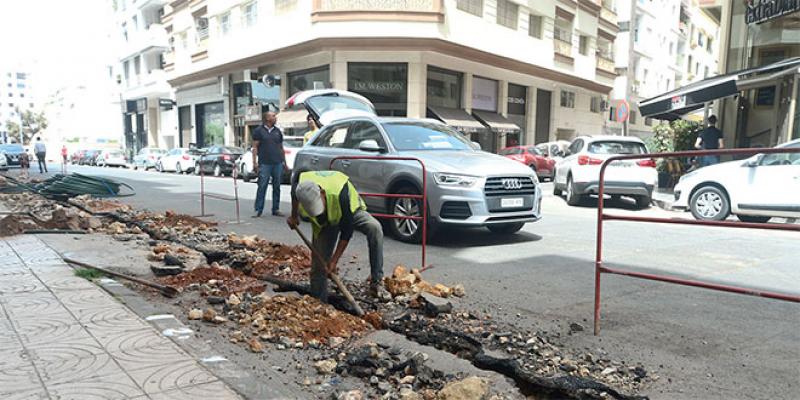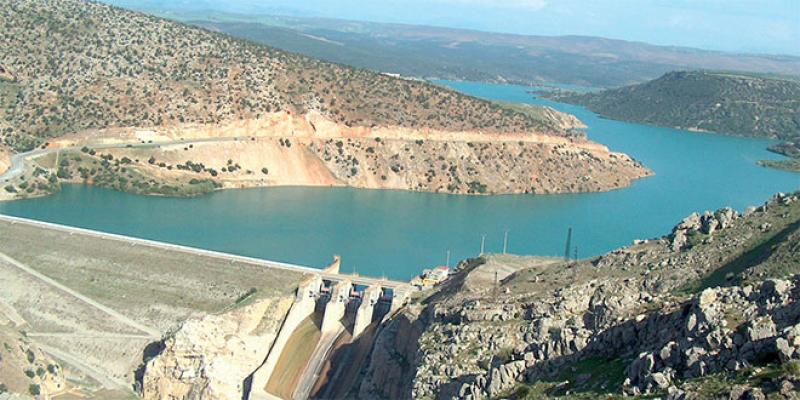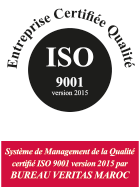This is one of the strategic issues at the level of several States. Decarbonization of economic activities is a real challenge for any country who wants to be in line with the transformations imposed by climate change. Morocco has already launched a series of initiatives in this direction.

For Riccardo Puliti, Vice President of the World Bank for Infrastructure, in addition to the efforts made, Morocco “could need a comprehensive action plan to decarbonize the industrial sector”. This program should have a “governance structure to implement the necessary reforms and establish cooperation between the different actors”. These include the Government, industrialists, technology service providers, financial institutions, and other stakeholders. According to Puliti, the Moroccan government could also sensitize industrialists, particularly SMEs, in particular through targeted capacity building and credit support if necessary.
Overall, on the ground, “the Moroccan industrial sector is already ahead in many aspects in terms of decarbonization”, according to the Vice President of the World Bank. Large companies in the phosphate, cement, and steel sectors, which are among the largest consumers of energy and carbon, have already adopted, or experimented with, various decarbonization technologies, says the World Bank.
Today, the goal according to Puliti, is to “disseminate this knowledge to all industries and support small businesses that do not have access to the same knowledge or the same financing”. Companies, in general, may therefore need additional advice in terms of norms and standards. Mechanisms may also be put in place to “ensure that companies are subject to the same obligations in terms of emissions and efficiency, in particular those with export exposure”.

These obligations can be coupled with incentives, in particular tax incentives (via a carbon tax or credit, an emission quota trading system), or mechanisms for financing or capacity building, through specific technical assistance and training. The success of this transformation requires “a strong partnership between the Government and the business community, with a constant flow of information, to guide public policies and provide businesses with visibility concerning the regulatory framework”.
M.A.M.


























